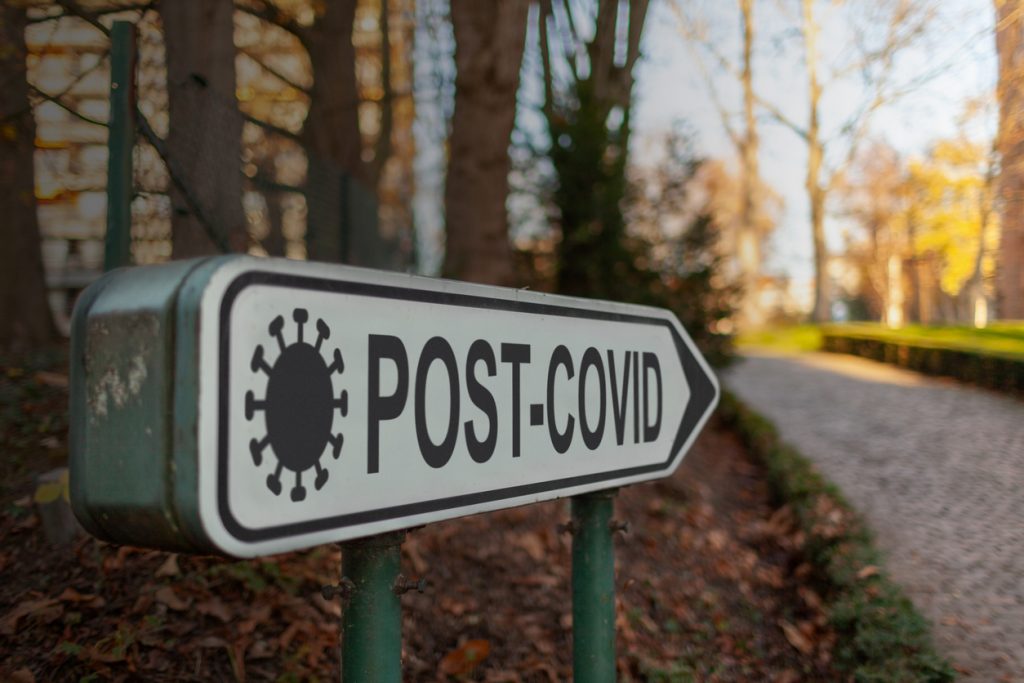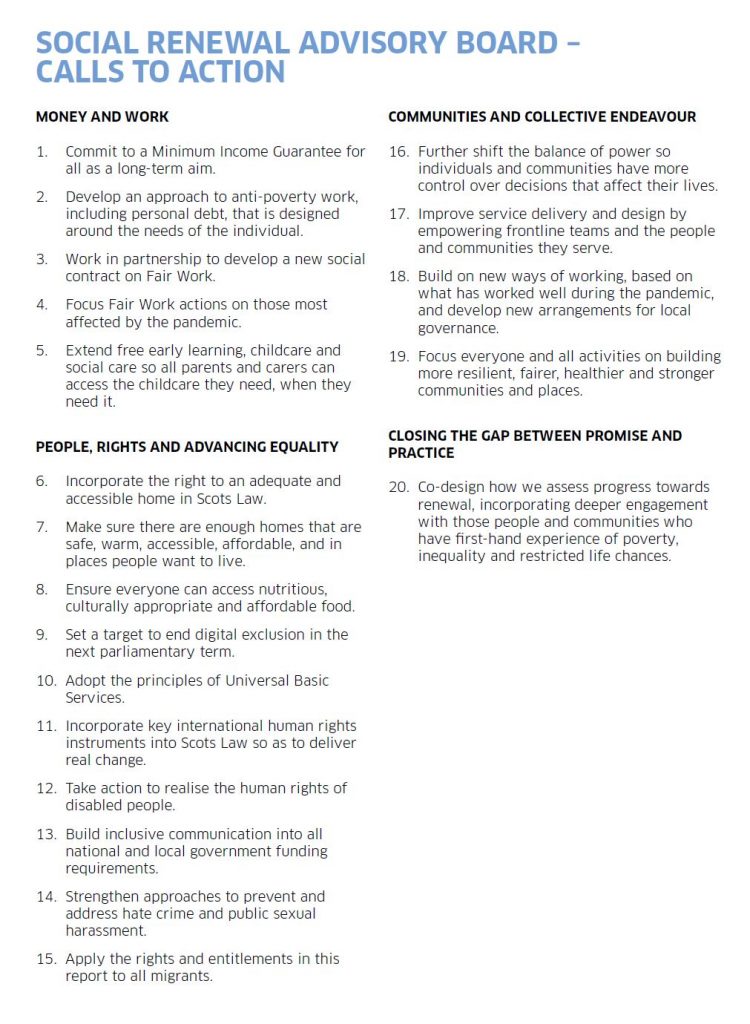Professor Leigh Sparks, Professor of Retail Studies, Institute of Retail Studies, University of Stirling

The last ten month have been the strangest time; as we all recognise. Our experiences though have not all been the same. I am one of the fortunate ones; I can work from home and had a large garden to keep me occupied over the summer. I’ve missed some freedoms and experiences, but as a consequence have not spent as much money.
Others have been no where as fortunate and many have been very adversely affected by the circumstances they were, and are, in. Existing inequalities have been exacerbated by the pandemic and new inequalities have been created. Women, single parent families, front-line workers, ethnic minorities, refugees and disabled people are amongst those who have often suffered badly. Disadvantage was already polarised in society and has been reinforced, most obviously, and tragically, in the deaths and the case numbers.
The response in many communities has been phenomenal and volunteering and support networks have stepped in to fill the all too many gaps. Local authorities, third sector and others have provided a rapid local support lifeline (term used advisedly).
This stands in contrast to some of the negative stories of recent weeks. The rise in gender and child violence in lockdown. The increase in hate and race crime. The refusal to recognise the need for financial lifelines (decency) for so many, as in the Universal Credit debate. The penny-pinching approach towards so many things by the UK Government, yet the contrast of that with the companies it has employed (normally without tenders or without looking for local pre-existing expertise), the prices and daily rates it has paid, all seen notably and perhaps most shockingly in those pictures of ‘school meal’ replacements.
All of this points to an insistence that we must – and can – do better in the future. We need to sweep away much of the ways we think about supporting and helping individuals and communities to live decent lives. The ways we were doing this before the pandemic (which was not working) should be unacceptable now; we can not return to what was there before, as it was failing people, communities and the country. We have to treat citizens better and involve them properly in the life of the community and country, and build our local resilience.
What might this mean?
For the last six months or so I have been part of the Social Renewal Advisory Board for the Scottish Government. This was tasked with looking at the social aspects of renewal for Scotland post-pandemic. Based around practical expertise and listening extensively to the lived experiences of those most affected by the pandemic, the Board was directed to come up with radical solutions to some of our deep-seated social problems and notably those that enabled so much damage and differential impacts in the pandemic.
The Social Renewal Advisory Board Report is now published. It is both a view of what needs to be done now, and in the coming years. It is organised around 20 Calls for Action (see below) which together seek to alter the nature of our deeply differentiated and segregated society. My involvement was mainly in the communities and place components of these (in the Calls for Action, Communities and Collective Endeavour); listening to and about the lived experiences of so many, showed why we must change our approach nationally, and how communities, places and towns can be important in this.
There will be inevitable reactions to the Report around costs and economics, but if we are at all serious about being a wellbeing and a fairer country, then we must take such steps and alter many of our priorities and actions. We need to make the join up between social and economic renewal (and recall the words of Jacinda Ardern – “Economic growth accompanied by worsening social outcomes is not success … It is failure”).
It simply is not right that if you come from certain places, had certain types of jobs (or no job), had pre-existing conditions, disability or deprivation, or a certain colour of skin, then you were so much more likely to die last and this year. That you had so little to fall back on, other than the kindness of neighbours or strangers. And that this was the consequence of our actions over years.
We can do better; we must do better, and we must start now. Here are the Calls to Action. The detail is in the Report.

The Social Renewal Advisory Board Report (2021) If Not Now, When? Download available here.
This blog first appeared on Stirling Retail on 21 January 2021.
